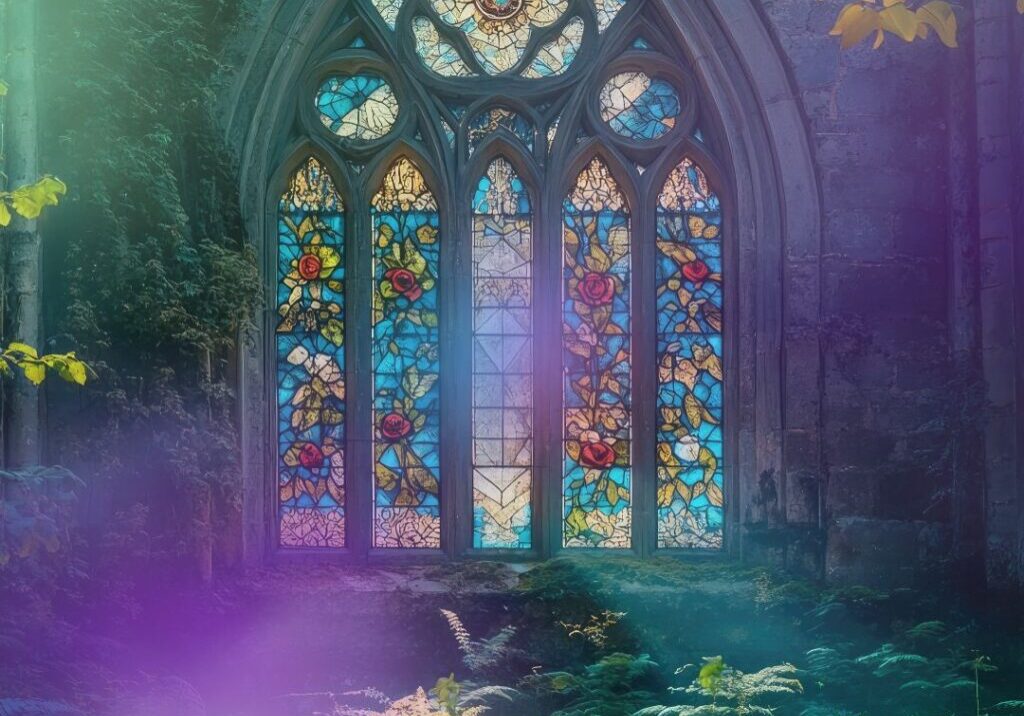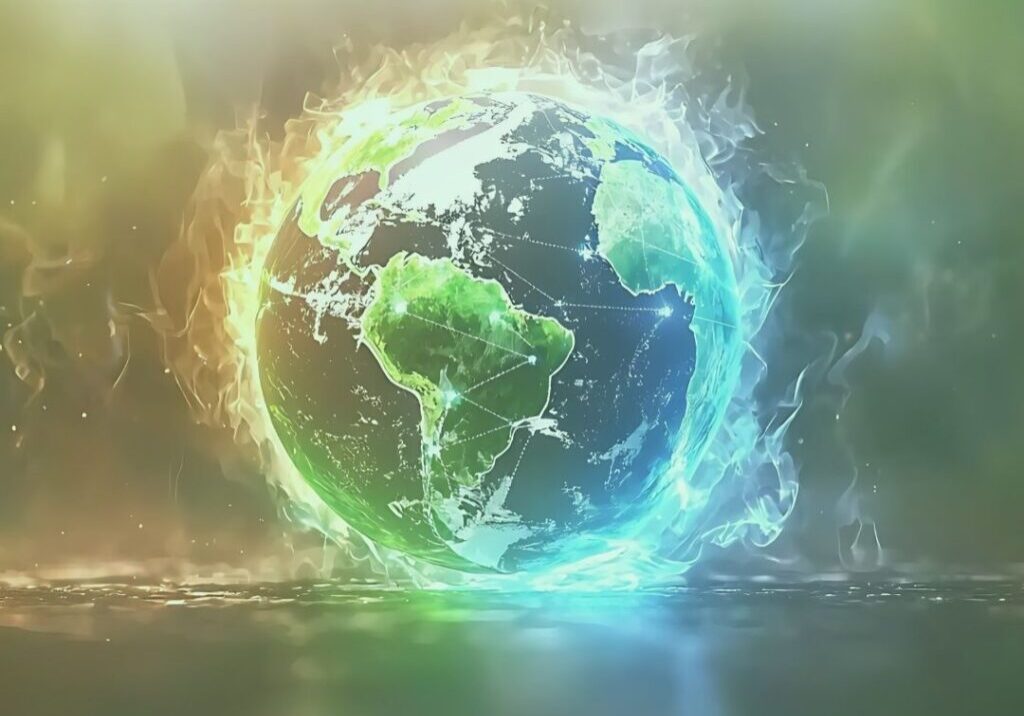The Ineffable Bond of Love
As I prepare to teach my final classes on Zoom this week, I am grateful for the development of computer technology and its ability to facilitate personal communication. Without the internet and online platforms such as Zoom, we would be completely isolated from one another, and education would be left entirely up to parents. Yet, here we are, able to share insights, teach lessons and learn without leaving our rooms. We can thank Alan Turing, Steve Jobs, Bill Gates and the pioneers of computer technology who brilliantly created our devices that now save us from pandemic isolation. One of my students wisely suggested that we have grown so accustomed to internet connectivity that we feel deeply alienated with social distancing. He wrote: “Smartphones and laptops have altered the way we perceive what it means to be human, and maybe this quarantine seems more extreme than it would have seemed twenty years ago because we are more connected than ever.” A very insightful young man.
While technology is extremely helpful, it cannot replace the infinite value of human relationships. I wonder if we invented computer technology in the first place because we have an intrinsic need for human relationships. We long to be accepted and loved, to share life with another person. After all, computer technology emerged after we blew up Europe and watched thousands of innocent lives suffer exile and death in concentration camps. If this pandemic has done anything positive for us, it has made us rethink what it means to be human.
Today, I took a walk from Bryn Mawr to Haverford, a lovely tree-lined street with many stone houses. Once in a while I like to detour just to explore the neighborhood. Today I took a righthand turn onto Rose Lane. The houses on Rose Lane are in the neighborhood of one and half to four million (or more) dollars. Some look like the motherhouse I once lived in. I wondered to myself how many people live in a 5, 000 or 8,000 square foot house and whether or not they can accommodate a whole nation of Africa. It certainly seems so. I also wondered if the people living in multi-million dollar homes were happy or was there sorrow in their lives as well. And what does sorrow feel like in 6,000 square feet? Does sorrow expand with space? Is loneliness amplified in the echo of empty rooms? As my walk continued around million-dollar home road, I wound up at a lovely set of apartments on the edge of a busy street and wondered who lived there and if they were happy. The apartments were probably between 600-900 square feet size, that is, the size of one of the many bathrooms on mansion row.
Computer technology has made consumerism into a god, an absolute horizon of desire where more is better and better is the road to happiness. But the more we run after stuff, the more we forget where stuff comes from; hence, we forget the earth, the poor, natural resources, sweat shops, child labor and the chain of consumer goods all of which are invisible to the lures of marketing. The western world built itself on the Weberian idea of hard work, thrift, savings and accumulation. For Max Weber and the spirit of capitalism, wealth accumulated by hard work—“just wealth”— receives the blessing of God and the reward of eternal happiness: “Blessed are those who work and become wealthy for theirs is the kingdom of heaven.” But if heaven is the openness of earth to its fulfillment in the God, can heaven be attained by hard-working, wealthy individuals? I don’t think so. Heaven is what we become in love. Heaven is shared life; the fullness of shared life on earth will be the absolute joy of heaven.
The COVID-19 virus has unsettled the relationship between technology and consumerism and we are not sure what this will mean for us. But it may invite us to slow down and consider the infinite value of human relationships. Did you ever sit with a friend and share a meal, or a drink, and experience an ineffable bond, a quality of relationship that cannot be adequately described because words cannot grasp the depth of the space in-between which is no longer space but a living flame of love? I remember one time being with a good friend. We were just hanging out, not doing much, just talking about the little things of life. Yet in the moment I was conscious of an ineffable being-with, a belonging, in such a way that I thought, “this must be what heaven is like.” In the moment I had the experience of joy, peace and true happiness.
Such moments are the precious bonds of human relationships. They cannot be bought or sold; they can take place in large mansions or small huts, it doesn’t matter. They emerge, often spontaneously, from a deep goodness that flows from one person to the next. We can name this ineffable bond of love as God’s Spirit, for indeed where two or more are gathered in the openness of shared life, there is God.
In the end, it will not matter if we lived in a multi-million dollar mansion or a small studio apartment. The only thing that will matter will be how well we loved. If the pandemic has taught us anything, it is to pay attention to the person we encounter, more so, to be attentive to the ones we love (and often take for granted). To be present in the moment, heart and soul, attentive to the sounds of life in the midst of anxiety, laughter, sorrow and wonder. Heaven opens where we are and invites us in as we are. The moral of the story is, grace is everywhere and love abounds but it must be received and celebrated. This is the sacrament of everyday life, free and available to all.
 View print-friendly version
View print-friendly version
15 Comments
Related Posts

Is Christianity in Crisis or Transition?
We are facing an unprecedented convergence of crises: global warming, climate change, mass migration, and systemic ecological collapse. Our planetary systems are exhausted and no longer able to sustain human…


In watching my son and my soon-to-be daughter-in- law, I see love poured out. I can see it move between them as they stand at their stove and try to “figure out” how much pasta to make, or when they work together to paint their first wall. A tiny sliver of relationship normalcy in the midst of dystopian New Worlds.
I’m reading your book Ilia-the dancing Star. You make me certain that love is what matters, and trying to live in love is beautiful. Thank you.
Thank you, Ilia, for sharing your insights. They are so meaningful. I find that being present to the beauty of the day is a way of being connected to the Real.
Thanks for such insight – being in the financial services industry for my entire life has provided many moments to “assess” the state of affairs and of being. Sr. Ilia has hit on a theme that is so prominent – our western ideals have gotten us to where a health crisis evolves into a financial crisis. So many have not been given the justice of a living wage, so many have been goaded into spending more and more such that there is no rainy day fund, and we are all left to felt less if we do not accumulate what our culture values. The thoughts and sharing of such spiritual guides is truly a gift that can get us back to who we are meant to be. THANK YOU.
I experience that the internet technology breaks into our isolation; yet, I frequently wonder how it affects the practice and skillful artistry of social support/attentive connection person-to-person(s).